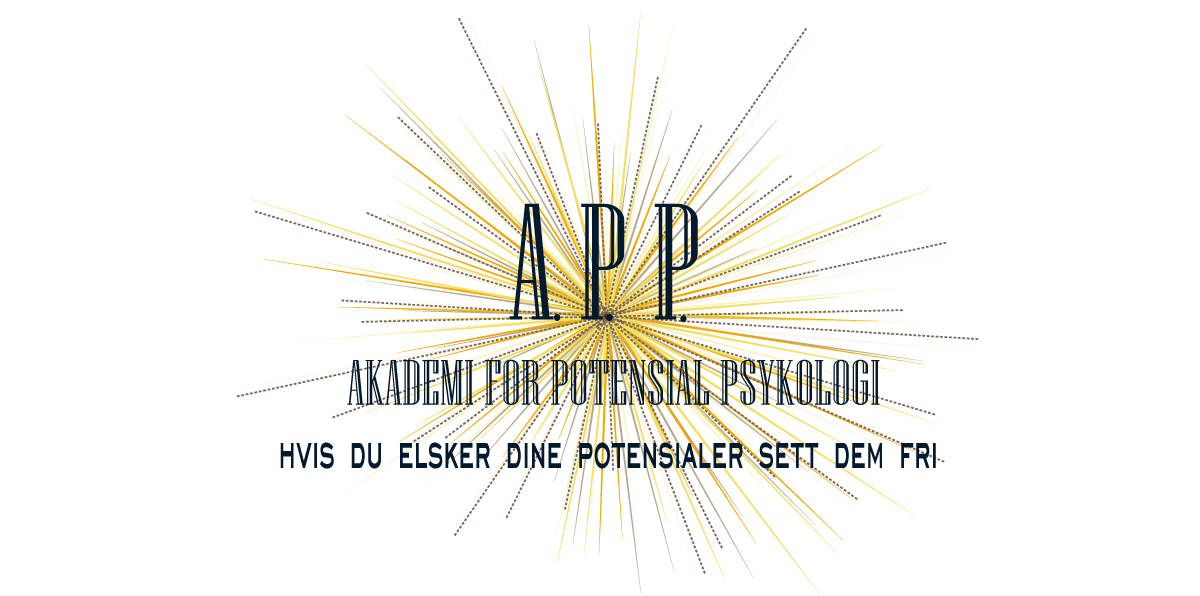 Is there something like a truly happy
childhood ? Does it exist ? And if it does, where would thin this
magical landscape lie? Even more enticing question: how does one get
there ? Is there a magic formula ?
Is there something like a truly happy
childhood ? Does it exist ? And if it does, where would thin this
magical landscape lie? Even more enticing question: how does one get
there ? Is there a magic formula ?
Well, after all my work, ploughing
through (ten) thousands of hours of childhood memories, reflections,
pains, wounds, traumas – and of course, also light moments with
hints of bliss and a sense of belonging – it would seem kind of
unlikely, to say the least, that the happy childhood really and
truly exists. Maybe it si wiser to regard it more like an ideal or an
beautiful idea, something certainly worth striving etter, especially
if one considers ione´s own chilldren and the inevitable question of
how to give the best possible frame of becoming their best possible
human beings.
But if, if , if a happy childhood
really exists, then I have yet to read of a better one than
the one described by Gerald Durrell. He
has documented the central part of it in three books: My family
and other animals, Birds, Beasts and Relatives and
The Garden of the Gods, must be
among the most enchanting childhood memories that have been written.
If there ever was an account of a positive psychology
childhood in motion, I would vote for those books.
The question that poses itself, of
course, is: what are the ingredients that have created such a
blissfullness ? Are there external cirumstances that might facilitate
this kind of happiness ?
I might come back to that later, as I
am tired now (I have had quite a few hours of looking into quite a
few childhood, not quite that happy, today). But just briefly, for
the record: the ingredient that seems to stand out for me in those
books, is the sense of genuine freedom with which Gerald roams out
and about. It seems to bring forth a form of serendipity - a type of
happiness that per definition shows up while (and because !) one is
NOT looking or striving for it. Another key ingredient seems to be
the child´s unrestrained curiosity. This might be a good reminder
for us in times where children are constantly «busied» towards some
kind of achievment or activity. Childhood is archetypically speaking
NOT about structure, frames, goals. Think about school systems.
Without wanting to be overly critcal (many people are doing their
best, no doubt): children are being pressed into boxes that
are meant to form them in a particular way (Summerhill School
in England might be the only example I know of that seems to steer
somewhat clear of those traps). I often think that we might dispose
of (normal) schools all together. Or at least reduce them to
something less, so there is enough space, time, freedom to discover
one´self (or maybe: One´s Self), playfull and by serendipity.
The interesting og somewhat logical
thing is how it seems that a childhood of that kind actually does
seem to lead to a happy , read: fully self-realized and fun live as
an adult.
There should be a book (my book titles
No 976) called: Magical Childhood, Truley Enchanting
Stories fra an Land that Does Exist
